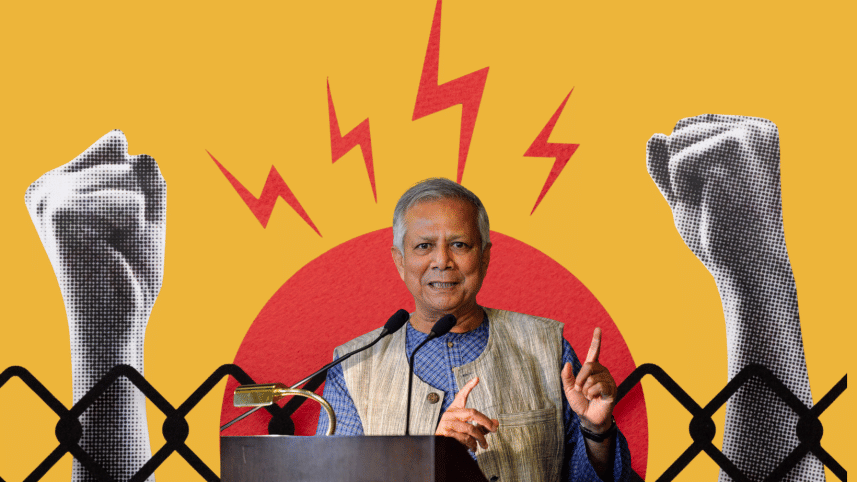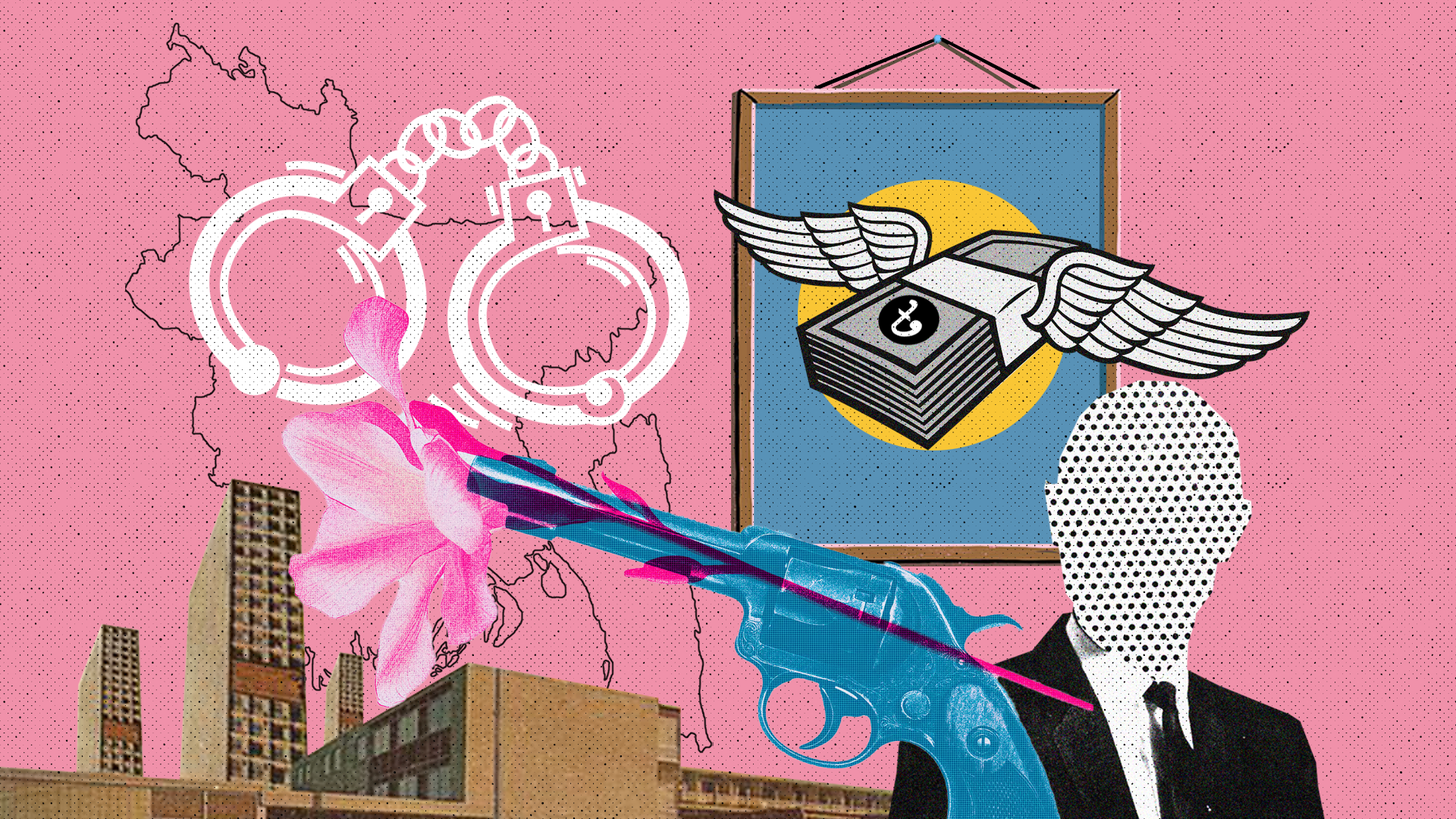Yunus keeps the flickering flame of hope alive

Since assuming leadership, Prof Muhammad Yunus has given countless interviews, both at home and abroad. Domestically, his responses have grown predictable, his tone occasionally weary. But to foreign leaders and media, he sounds different—more confident, more assured. He speaks of a Bangladesh poised for transformation, powered by its students and young citizens. It was their demand that pulled him into this role.
At the World Economic Forum in Davos, Yunus sat down with Gideon Rachman of the Financial Times. Bangladeshi newspapers covered the interview, but what I feel they missed is its core: optimism. To Yunus, Bangladesh's revolution against dictatorship was historic—a movement led by young people who refused to back down. Their story, he insists, must be told.
One moment from the conversation lingered. Yunus recounted a letter from a 12-year-old boy to his mother—the last he would ever write:
"Mother, you'd have been stopping me from going to the demonstration. My friends are there demonstrating, and some of them were killed. I feel guilty. I'm sitting home because you would not allow me to go. I don't want to be a coward. I want to stand up for my country. So, I'm leaving. I seek your blessing. In case something happened to me, if I don't come back, please forgive me."
The boy never came back.
Dr Yunus's voice did not break as he recounted it, but his grief was unmistakable. Anyone listening could tell—this is a man who is more than a statesman. He is the chronicler of a revolution.
Yet revolutions do not guarantee stability. Sceptics, both at home and abroad, question its power to stay. Some quietly hope for a return of the deposed regime. But Dr Yunus is clear: this is Bangladesh's moment of reckoning. The dictatorship's fall has opened a path for reform—but the window is narrow. The country must seize it, and seize it now.
The biggest hurdle? The economy. Fifteen years of mismanagement have left the treasury depleted. An estimated $16 billion vanished abroad annually. Foreign reserves are precarious, and debt payments are mounting. Yet, in an irony of fate, a surge in remittances from Bangladeshi workers abroad provided an unexpected lifeline. The country was saved at the brink. Yunus's voice shifts between despair and hope, mirroring Bangladesh's fragile reality.
Beyond economics, the challenge of political reform looms large. Elections must be held. But first, national unity is needed. The July Charter, which the students have been demanding to be drafted, could be a blueprint.
As we know, the student leaders have already formed their own political party—the National Citizen Party (NCP). When Rachman, during the talks, asked if students could form their own political party, Yunus seemed to encourage it. That raises uncomfortable questions, as some student leaders were part of his government. Can an interim administration remain neutral if its members later contest elections? Rachman didn't press, but the debate grows in Dhaka.
Then, there is the spectre of Islamist politics. India, the unhappy giant neighbour, and Western governments are watching closely. Dr Yunus, however, dismissed the concern outright. There is no risk of an Islamist takeover, he said. Perhaps. But the growing visibility of religion-based parties, the shrinking space for women, and the erosion of cultural freedoms suggest a more complex reality—one Yunus chose not to address.
The interview was not about dissecting Bangladesh's political culture. It was about sending a message—Bangladesh is breaking free from its past.
Under Yunus's leadership, in his own narration, it is on the cusp of something new. "We are a nation of young, tech-savvy people with global aspirations. Just give them the chance," he urged.
Prof Yunus is not just leading a government. He is crafting a story. He is asking Bangladeshis to believe in a different future and inviting foreign friends to be part of it. For that, he deserves our attention—and perhaps, our gratitude.
Enayetullah Khan is founder of WildTeam and editor-in-chief of the United News of Bangladesh (UNB) and Dhaka Courier.
Views expressed in this article are the author's own.
Follow The Daily Star Opinion on Facebook for the latest opinions, commentaries, and analyses by experts and professionals. To contribute your article or letter to The Daily Star Opinion, see our guidelines for submission.




 For all latest news, follow The Daily Star's Google News channel.
For all latest news, follow The Daily Star's Google News channel. 

Comments